Mallorca is preparing to reduce its energy expenditure in order to comply with the Plan de Choque de Ahorro y Gestión Energética en Climatización approved by the Central Government on the 1st of August. The Balearic Government has already begun to take measures to enforce the new energy saving law, which has generated much controversy this week. Thus, the energy saving law will affect businesses in Mallorca and the Balearic Islands with some exceptions that are yet to be determined by the Balearic Government. It should be noted that some of these measures are already being applied in public institutions, such as the administrative buildings of the Consell and the Govern: regulating thermostats to 27 degrees and keeping doors and windows closed.
The Directorate General for Energy and Climate Change has issued a guideline to reduce energy consumption. These regulations aim to enforce the target of saving between 15% and 25% of energy.
What are the measures to address energy savings?
The energy saving law will be applied in Mallorca, as in the rest of the territory. Although there will be some exceptions, in general the new regulations sent from the General Directorate of Energy and Climate Change are:
- Limit the temperature of air conditioning to between 19ºC (heating) and 27ºC (air conditioning).
- Install automatic doors in order to avoid unnecessary expenditure of energy due to the escape of cold or heat from the establishment.
- Switch off superfluous lights in shop windows, buildings and monuments after 22:00 at night, unless they are occupied at that time.
- Permanently switch off lights in unoccupied spaces, such as corridors and storerooms. Limit the temperature in these spaces when they are not occupied.
- Replace conventional lighting with LED lighting in all public buildings and government institutions.
- Switch off lights and air-conditioning systems during non-working hours or when staff are absent from work.
Who has to comply with the measures of the new energy saving plan?
- Public administration buildings, public use areas and administration offices.
- Commercial buildings or facilities, such as shops, supermarkets, hypermarkets, department stores and shopping centres.
- Restaurants and hotels: In restaurants and hotels, as a general rule in their public areas, but the temperature limitation is made more flexible in places of high activity with heat sources, such as kitchens or machine rooms that require refrigeration.
Exceptions to compliance with the energy saving law
There are exemptions from these energy saving law limitations that will not affect homes, hotel rooms, cinemas, auditoriums, congress centres, public transport, stations and airports. Nor will centres that cannot comply with the temperature limits, such as hotel and restaurant kitchens, hairdressing salons, gyms, training centres, schools and health centres or hospitals, have to comply with the temperature limits.
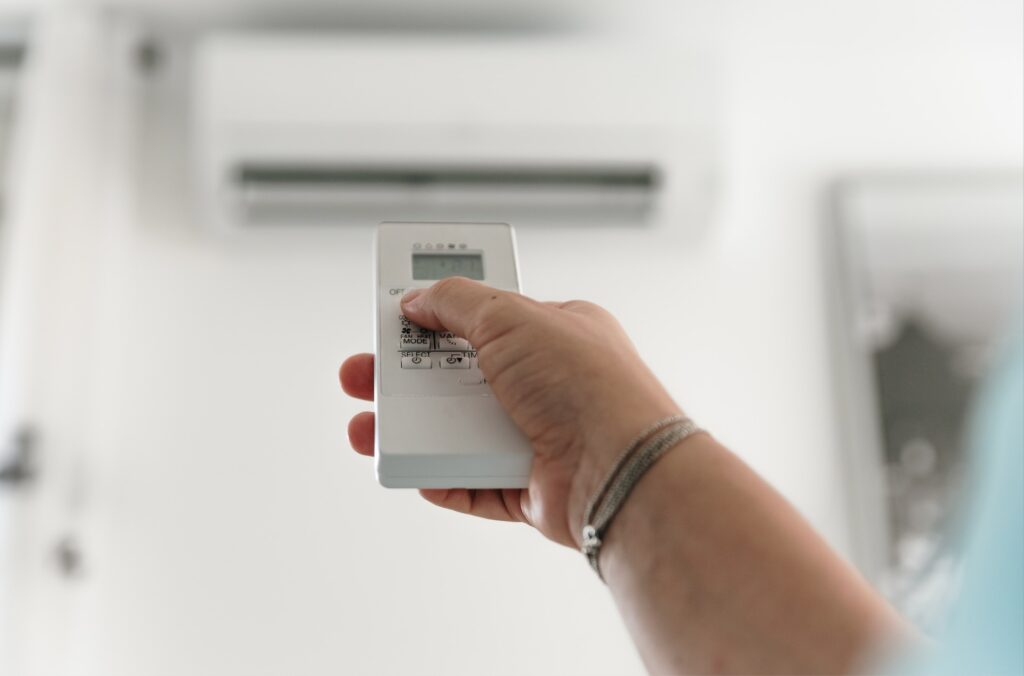

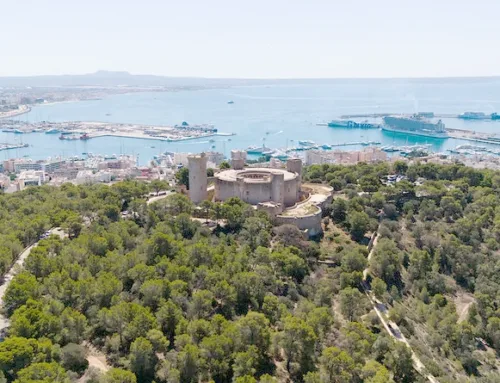
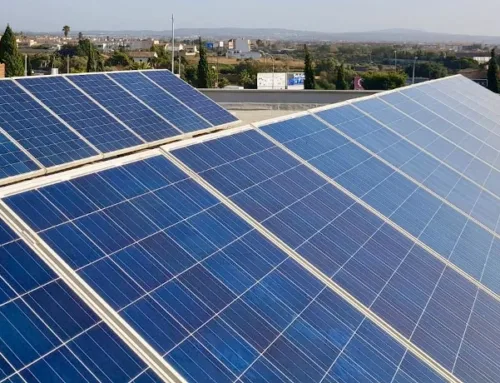

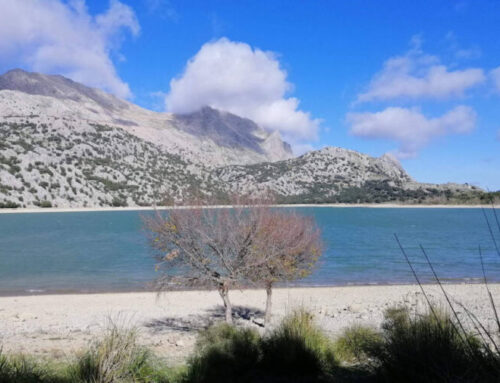
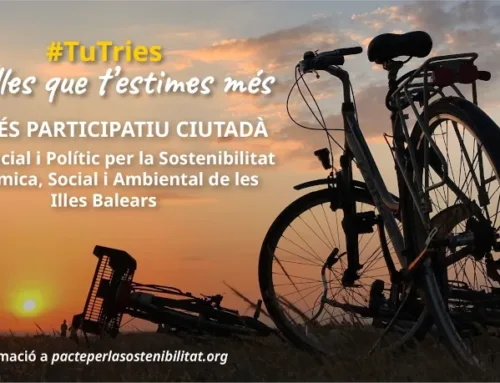

Leave A Comment